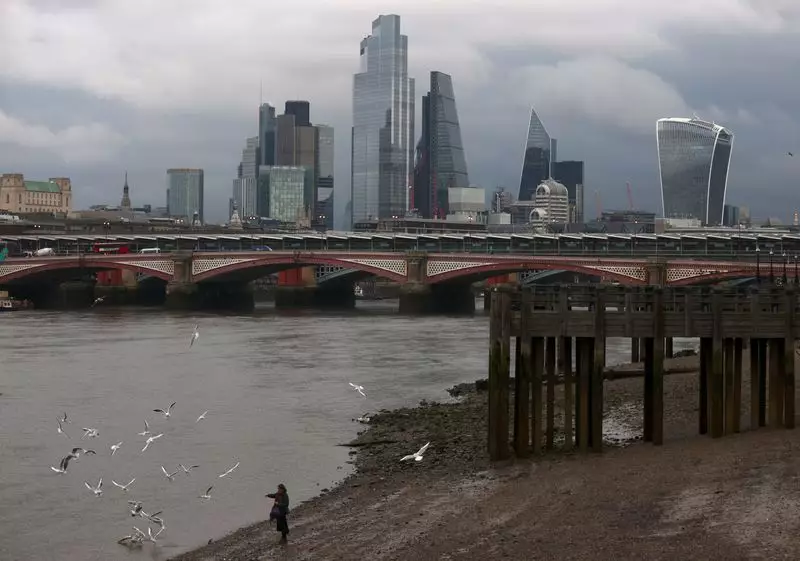In the wake of the latest fiscal decisions introduced by the British government, there has been a perceptible decline in business confidence across the UK, with the Institute of Directors (IoD) reporting alarming statistics that reveal a deteriorating landscape for British enterprises. This downturn, recognized as the lowest level of optimism since the COVID-19 pandemic began, raises critical questions about the potential long-term implications of such fiscal policies on the business environment.
With the unveiling of finance minister Rachel Reeves’ inaugural budget on October 30, optimism among business leaders significantly waned. The report indicates that overall investment plans and intentions to hire new employees have reached their lowest point since May 2020. The IoD recorded a staggering drop in business optimism to -65, a steep fall from -52 the previous month. Such a decline is indicative not just of temporary unrest but hints at deeper systemic issues affecting the business community, as voiced by IoD Chief Economist Anna Leach.
Leach emphasizes that rather than providing a robust foundation for recovery, the recent budgetary measures may have jeopardized the private sector’s capacity to invest in growth and workforce development. The introduction of substantial tax increases — about £40 billion, including a £25 billion surge in annual employer contributions towards social security — has drawn criticism for not aligning with the needs and growth ambitions of small businesses across the UK.
This disconnect is further exacerbated by comments made by Reeves wherein she assured the Confederation of British Industry that no further tax hikes or increases in borrowing would be forthcoming in future budgets. However, the underlying sentiment among business owners is one of trepidation, prompting fears that the current trajectory could stifle economic growth.
The IoD’s report complements a wider chorus of discontent echoing from various sectors of the economy. Many businesses are grappling not only with tax increases but are also bracing for potential shifts in employment law, which could further escalate operational costs. The survey, which collected responses from 601 participants predominantly from small businesses between November 15 and November 27, underscores a collective unease about the economic climate.
As the government grapples with the implications of these fiscal measures, it remains crucial to recognize the delicate balance required to foster an environment conducive to growth. The sentiment among business leaders conveys a strong call to action for policymakers to reassess the impacts of their decisions in a manner that supports rather than hinders economic recovery and expansion.
In essence, the current landscape raises a pivotal challenge for the UK government: how to restore confidence among business leaders who are crucial to the nation’s economic vitality. A proactive approach that prioritizes dialogue with stakeholders and revisits the financial strategy may be essential in reversing the trend of declining optimism. As businesses navigate these tumultuous waters, the need for supportive fiscal measures has never been more pressing.

